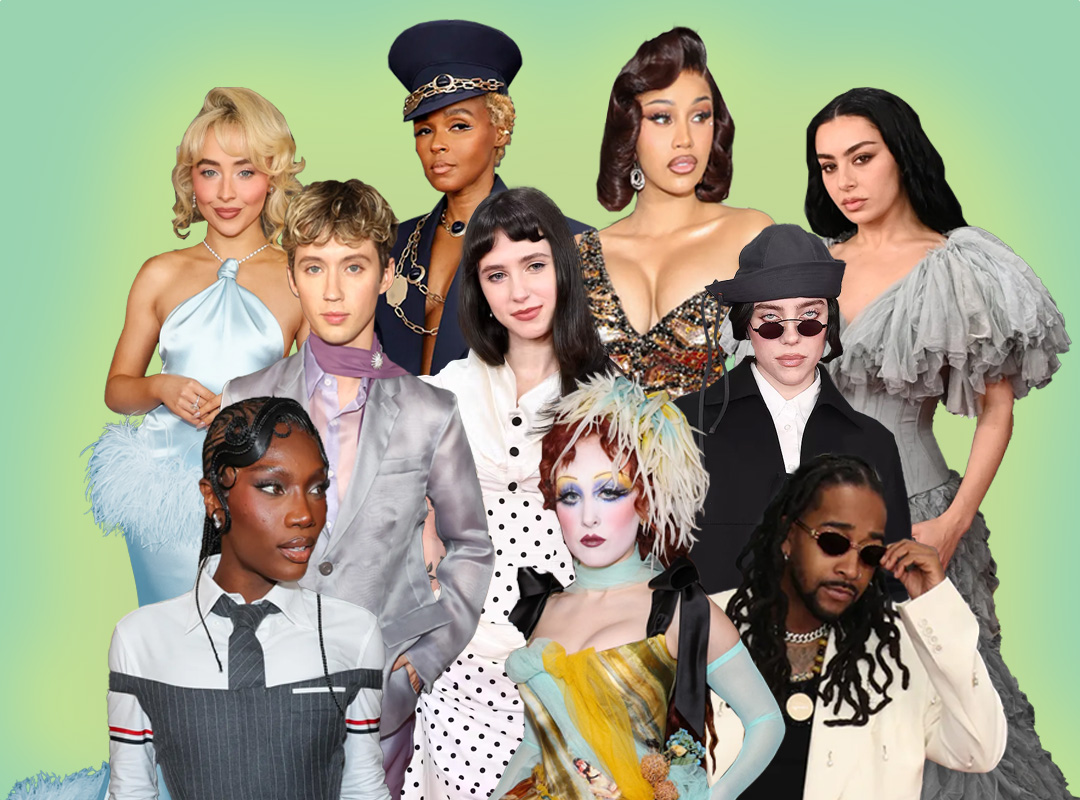By Katie Sittig-Boyd
Staff Writer
Recently, there has been an image circulating various social media sites online. The image features a map of the U.S., with states that have legalized same-sex marriage in rainbow. Several states are not filled in, but ROY G. BIV has a pretty strong presence.

“We’re so close to finding out which state is the most homophobic,” the caption reads, at once bitter and overwhelmingly naive.
The truth is that homophobia extends far beyond the right for individuals to have a “gay marriage.”
Gay marriage is a palatable term and a feel-good metric of sorts, used to measure rights for LGBTQIA+ individuals countrywide. If a state allows same-sex marriage, or, in many cases, civil unions, that state is touted as “progressive,” “finally catching on,” and so on.
There have been many opinions written about the necessity for same-sex marriage in the current U.S. social framework. The push to legalize same-sex marriage is definitely an important part of LGBT+ rights.
The right to legally marry has long been denied to couples who defy traditional heterosexual relationship structure, but it should not be the only measure of individuals’ rights with respect to sexual orientation, gender identity and expression, and partnership.
In fact, using marriage as a starting point for discussions related to “human rights” is entirely absurd. For one thing, there are many individuals who may be allowed to legally marry, but can also be legally denied health insurance for their gender identity or sexuality.
Health care for transgender individuals is notoriously lacking, even in states that are nominally trans-friendly. Health insurance policies are strict about covering medical procedures that many healthcare providers still deem “unnecessary,” such as any surgery related to gender reassignment.
Additionally, while LGBT+ people with health insurance may struggle to ensure that they get quality, comprehensive care, there are many individuals who do not have health care at all.
There are many other issues that plague the LGBT+ community, including homelessness, drug addiction, difficulty finding therapy, legal restrictions on working, discrimination in the workplace, misgendering, and so on.
It is nice that people who have previously been denied marriage can now marry their partners, but if they are also unwelcome in their communities at not only a legal but also a societal level, that is just as detrimental to the entire community.
It is important that we develop better metrics to determine the reach of improvements in legal policies for the entire LGBT+ community, not just those individuals who are affected by changes in marriage laws.
In the meantime, we can parade rainbows around all we want, and celebrate another state that has decided to allow same-sex marriage, but it is crucial that this is not viewed as the final step in gay rights: there is so much more.
Ensuring that people who exist outside of the gender binary, beyond the realm of heterosexuality, or both, have rights that extend past the right to “put a ring on it” is critical to develop a culture that is human-centric, rather than marriage-centric.




















